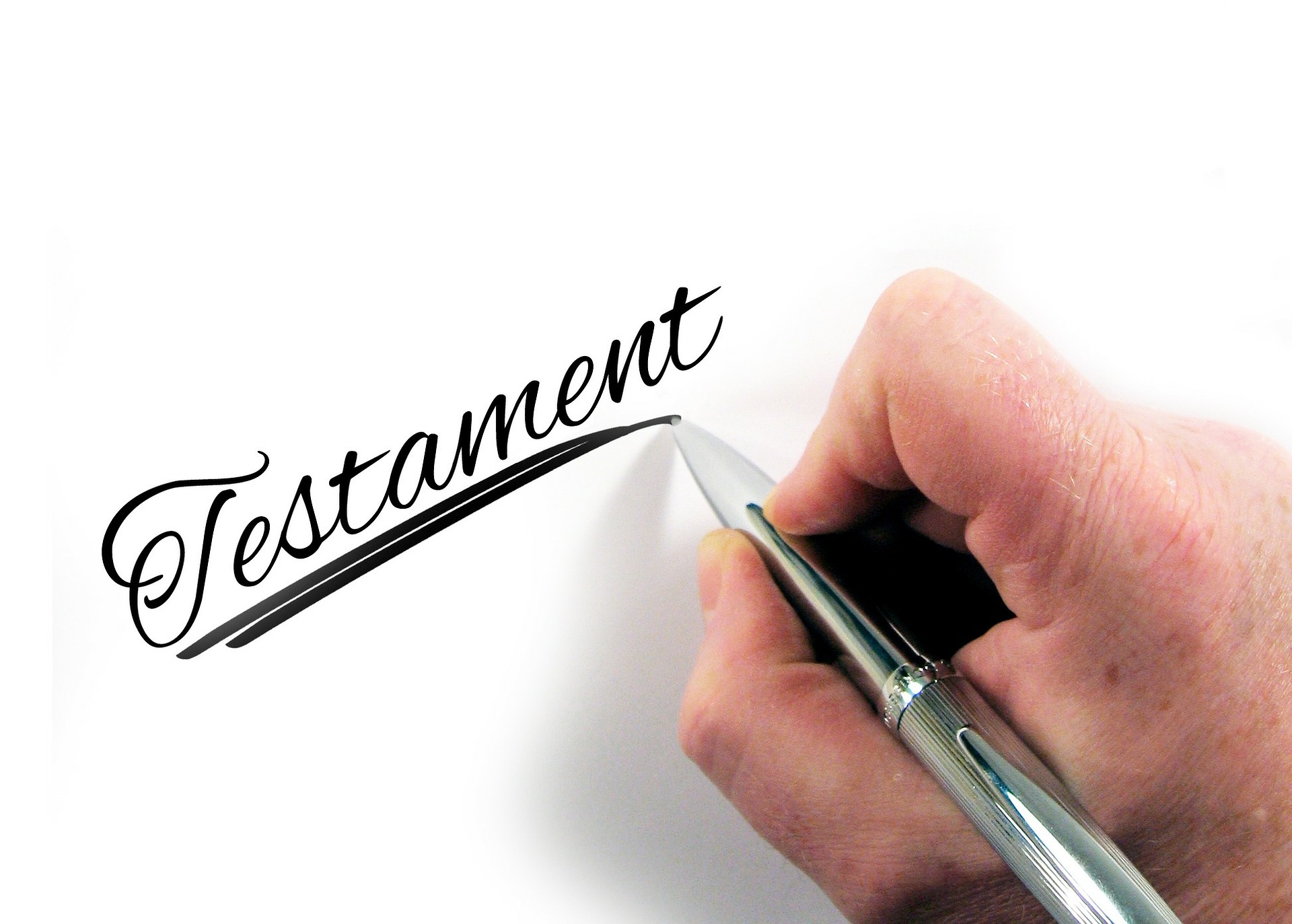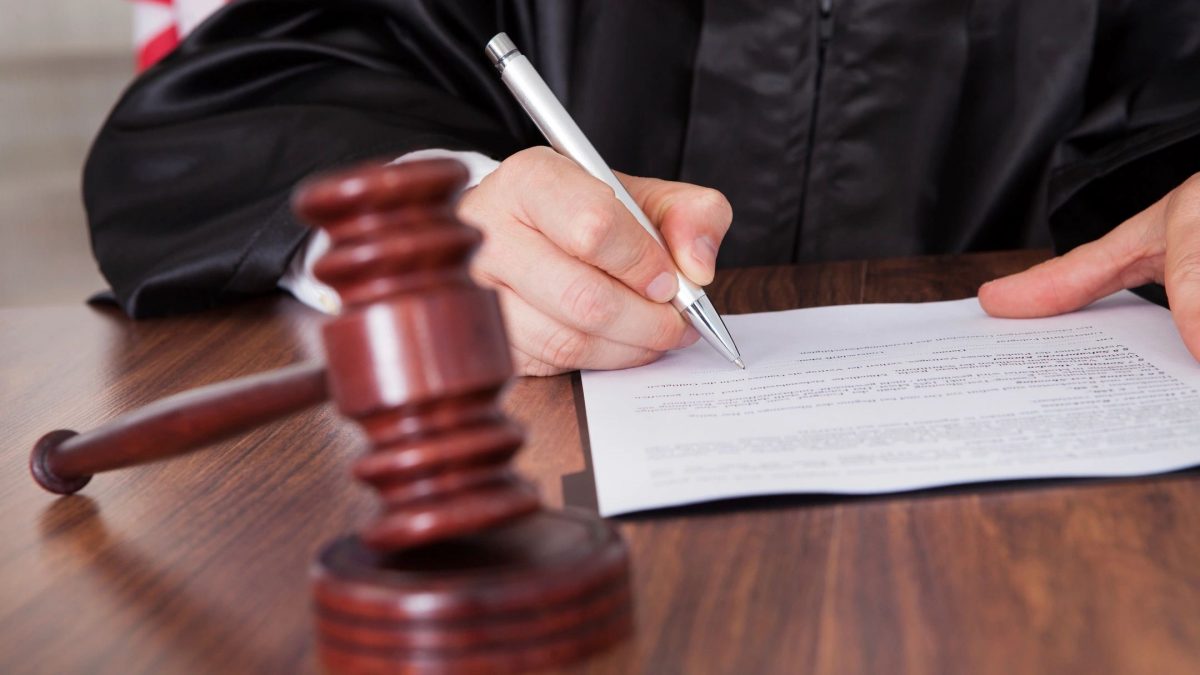
Can the Executor of an Estate Change a Will?
March 22, 2021
Competition law update: Facebook
March 23, 2021Filing for bankruptcy during the COVID-19 pandemic is a little different from the usual procedure, and it might not be immediately necessary due to the recent federal protections set in place. The Biden administration recently extended protection of mortgages secured with federal funding through March 31, 2021.
Courts Handle Bankruptcy Cases despite COVID-19
Essentially,some courts, including federal courts that handle bankruptcy cases, might not be open to the public. However, bankruptcy courts follow the Center for Disease Control and Prevention’s (CDC) guidelines and won’t open in high-risk jurisdictions.
However, just because the court may be closed to the public, the nation’s business is still being handled. The first thing you should do is check your court’s official website for the latest news and updates about filing for Chapter 7 or Chapter 13 bankruptcy in these challenging times.
You can usually file for bankruptcy by email, dropbox at the courthouse, or fax. A court clerk will email or phone you the confirmation that the court has received your filing. Ideally, an attorney should handle this critical step. The clerk will also send you a notice of when your 341 meeting will be held.
Virtual Bankruptcy
During the pandemic, you’ll be amazed at how easy it is to conduct everything online. You can participate in court hearings by video call or phone, meet due payment dates, and provide essential documents by fax or email — such as the course two certificates.
The Office of the United States Trustee manages all things concerning creditor meetings, and these are now usually held virtually. It is critical to meet the trustee’s deadlines because the busy courts are inclined to dismiss bankruptcy cases that don’t meet deadlines.
Stay on top of things by checking the court’s website and contacting a trustee if you haven’t heard anything in a while. Find out when your next meeting is scheduled far enough in advance to prepare the answers to potential questions, satisfy call instructions, and gather any evidence.
If you are scheduled for a 341 meeting by phone, your trustee will send you a form that you must sign in front of a notary and return to the trustee.
An Expected Surge in Bankruptcies
There is likely to be a big surge in bankruptcy cases as businesses reopen and find that they have lost many regular customers because of enforced closings, lockdowns, isolation, and continued fearmongering about COVID-19.
Chances of Bankruptcy Reform — Should You Wait?
Some experts think that bankruptcy laws might well be reformed under the new administration to make it easier to declare bankruptcy because of the extenuating circumstances. Both consumer advocates and bankruptcy lawyers agree that the time is probably ripe for reforms on existing bankruptcy laws.
Regardless of the possible changes, there can be big benefits for those who work through their financial issues without taking the big step of declaring bankruptcy.
However, many creditors are willing to make concessions and file for bankruptcy in the face of the current public health crisis.
Contact your creditors and try to negotiate a realistic repayment plan based on your current income and living expenses. You can also look for ways to decrease your spending if you find that you can’t make ends meet after deducting living expenses.
Hiring an Attorney
Hiring an experienced bankruptcy attorney is your best bet at coming out of bankruptcy as unscathed as possible during these trying times. The silver lining is that, even though your credit score may take a major blow, people who have filed for bankruptcy usually receive dozens of credit and credit card offers because they can’t go bankrupt again for several years. Things might not be as bad as they seem.





